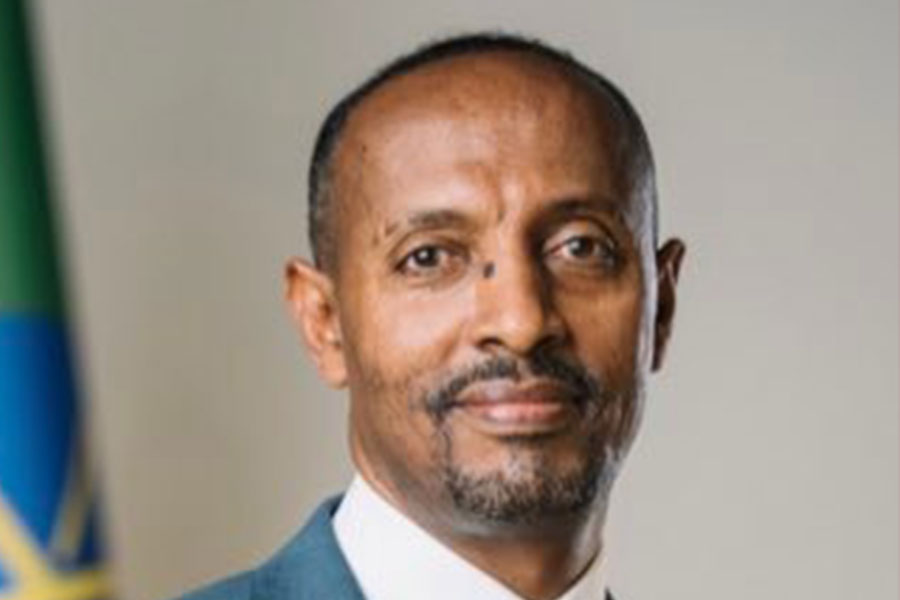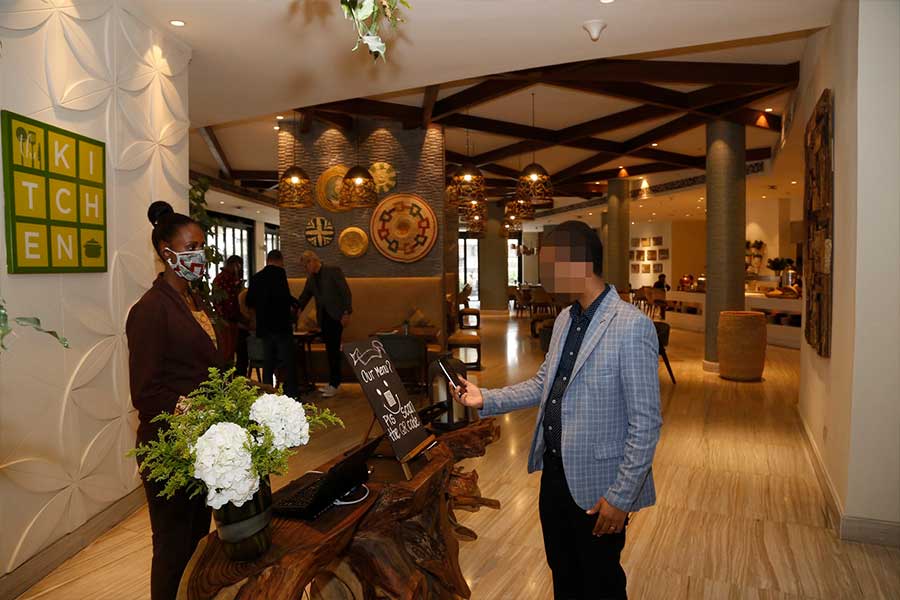
Verbatim | May 21,2022
By Hanna Haile
We are not often told that we are the problem. But that is not true. We are the problem.
It has become easier for most to have ideological debates around issues that concern our country and the world, even if there are still those that prefer to live in their own narrow bubble. Despite this though, there is the lingering thought that something is not right.
Saddening reports of the death of innocent civilians, targeted for their lingo-cultural backgrounds, in various regions of the country is an indicator of the collective responsibility we take for the ills within society.
I have been in these regions before, and even if I was not born or raised there, I had felt safe. Yet the bond between communities had evidently been too loose that it is easily being corroded today.
A colleague of mine mentioned to me how he felt that more than at any one time before in his lifetime, he feels people are clinging to their ethnic identities. The other day on national television, an official was addressing questions related to people’s ethnic and border relationships.
As she laid out plans on addressing these questions procedurally, I started to wonder, would this actually solve the problems? Would changing our flag make any difference? Would a referendum be enough? What does this really change? While our ethnicity enriches our lives, why it has started to take hold of our entire being? When did we realise it had become so prominent that we could no longer move forward? Was our history and identity not shared before?
Yet, today we are at the brink of many internal conflicts over administrative demarcations.
It is important not to oversimplify such situations though. The only way we can come out of this with any dignity is by working together to resolve our issues.
In traveling to rural areas, I have been to schools where Amharic and Oromiffa are the two major languages that students can pick from to learn and take lessons. With scarce resources, communities have managed to make it work.
Why is it then that when the economy has the potential to create better opportunities, the fight over resources has intensified? Is it not obvious that we can create far more resources through the productivity of our human capital than we could ever hope to gain from mineral resources or land?
We can choose to go backward, which for some could be seductive. The past is reconstructed as the utopia it never was. Children died at birth, most were illiterate, and there were far fewer winners back then, while disease and conflict debilitated generations.
The remedy is to recognise that we are all the problem. For far too long, many of us have sat by as half-truths dominated the airwaves, and do as such now with ever-increasing intensity. We have failed to challenge prevailing arguments and provide alternative solutions, not to mention that we have been too dismissive of those that hold different opinions.
Even when we are not on TV or social media, we need to advocate for civility. Each household, social media group and office needs this more than ever. This type of ignorance has to be fought within everyone, including ourselves. Our state is fragile, and emotionalism, nationalism and other isms will not be the way to solve it.
I did not think this was the sort of conversation we would have as a nation at this moment. Yet that is my misconception. We are here in this time in history to deal better with our past, so that we can move on. While some might wish this is a step toward restoring a particular history, I am hoping it is the last step in letting go of the past as we full-heartedly accept the future.
PUBLISHED ON
[ VOL
19 , NO
968]


Verbatim | May 21,2022

Advertorials | Mar 18,2023

Fortune News | Jun 20,2020

Fortune News | Dec 11,2021

Viewpoints | Oct 16,2021

Editorial | Aug 07,2021

Radar | May 26,2021

Verbatim | Jul 17,2022

Life Matters | Apr 10,2021

Radar | Oct 05,2024

My Opinion | 132272 Views | Aug 14,2021

My Opinion | 128692 Views | Aug 21,2021

My Opinion | 126600 Views | Sep 10,2021

My Opinion | 124206 Views | Aug 07,2021





Dec 22 , 2024 . By TIZITA SHEWAFERAW
Charged with transforming colossal state-owned enterprises into modern and competitiv...

Aug 18 , 2024 . By AKSAH ITALO
Although predictable Yonas Zerihun's job in the ride-hailing service is not immune to...

Jul 28 , 2024 . By TIZITA SHEWAFERAW
Unhabitual, perhaps too many, Samuel Gebreyohannes, 38, used to occasionally enjoy a couple of beers at breakfast. However, he recently swit...

Jul 13 , 2024 . By AKSAH ITALO
Investors who rely on tractors, trucks, and field vehicles for commuting, transporting commodities, and f...

Jul 12 , 2025
Political leaders and their policy advisors often promise great leaps forward, yet th...

Jul 5 , 2025
Six years ago, Ethiopia was the darling of international liberal commentators. A year...

Jun 28 , 2025
Meseret Damtie, the assertive auditor general, has never been shy about naming names...

Jun 21 , 2025
A well-worn adage says, “Budget is not destiny, but it is direction.” Examining t...

Jul 13 , 2025 . By YITBAREK GETACHEW
The Addis Abeba City Revenue Bureau has introduced a new directive set to reshape how...

Jul 13 , 2025 . By BEZAWIT HULUAGER
Addis Abeba has approved a record 350 billion Br budget for the 2025/26 fiscal year,...

Jul 13 , 2025 . By RUTH BERHANU
The Addis Abeba Revenue Bureau has scrapped a value-added tax (VAT) on unprocessed ve...

Jul 13 , 2025 . By NAHOM AYELE
Federal lawmakers have finally brought closure to a protracted and contentious tax de...